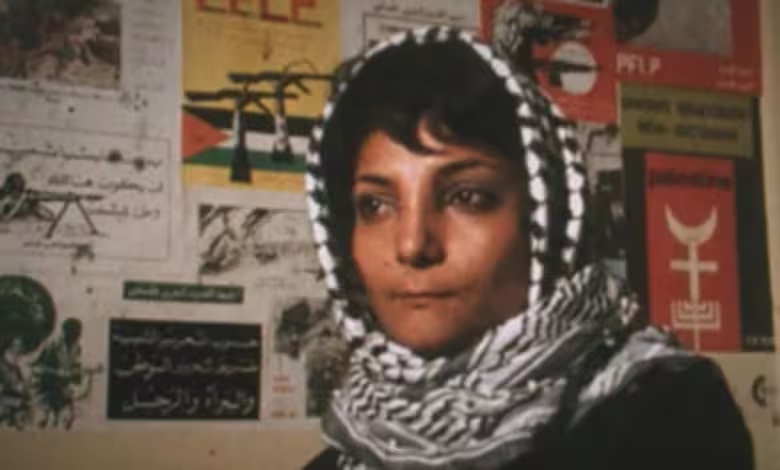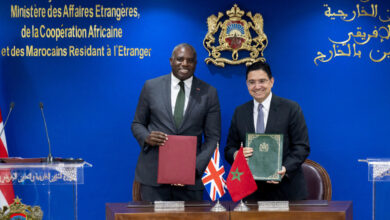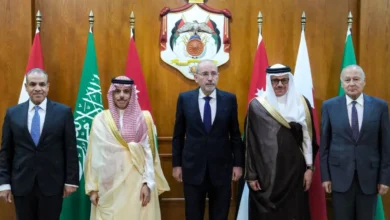South Africa Considers Naming Street After Woman Who Hijacked a Plane

AfriqueCAN
Officials in South Africa’s biggest city of Johannesburg have proposed renaming a major street after a Palestinian woman who was involved in a hijacking more than 50 years ago, sparking criticism from several political parties and the city’s Jewish community.
The city council is considering naming the street in its financial district of Sandton after Leila Khaled, a Palestinian militant and member of the Popular Front for the Liberation of Palestine group.
Khaled, who is now 80 years old, gained infamy in 1969 when she was part of a group who hijacked a Trans World Airlines flight on a journey from Rome to Tel Aviv, Israel. She became known as the first woman to hijack a plane.
She was also one of two people who attempted to hijack an Israeli Airlines flight from Amsterdam to New York City the following year, which resulted in the other hijacker being fatally shot by air marshals.
Israel considers Khaled a terrorist, but she is widely seen as a hero and freedom fighter by Palestinians and by some in South Africa who support the Palestinian cause.
The PFLP is part of the Palestine Liberation Organization, the internationally recognized representative of the Palestinian people. While the main PLO faction, Fatah, recognizes Israel’s right to exist, the PFLP doesn’t, and Israel, the United States and other Western allies of Israel consider it a terrorist group.
South Africa has historically close ties to the Palestinians and has accused Israel of committing genocide in the war in Gaza in a highly sensitive case that’s being heard by the top UN court. South Africa and Israel have been fiercely critical of each other over that case. Khaled has previously visited South Africa.
The street renaming controversy dates back to 2018, when it was first proposed and reportedly sparked a brawl among Johannesburg city officials, according to local media coverage at the time. It was initially proposed by Al Jamaah, a pro-Palestinian minority party in the Johannesburg council, and supported by the African National Congress.





